
America’s suburbs are no longer the white-picket enclaves of the popular imagination, thanks in large part to the Fair Housing Act of 1968. Yet the pathbreaking law remains far from delivering on its original promise. Can creative new litigation change that?
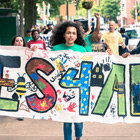
What would community-owned, democratically controlled housing actually look like? From California to Germany to Uruguay, popular movements offer an inspiring range of answers.
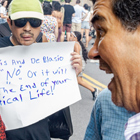
The rezoning of northern Manhattan has exposed the failings of New York City’s top-down housing program, which puts the profits of landlords and developers over the rights of tenants.

Forget the avocado toast. Popular narratives about downwardly mobile millennials and their spending habits overlook a key factor in why young people have been hit so hard by today’s housing crisis: class.

Real-estate interests have long wielded an outsized influence over national housing policy—to the detriment of African Americans.
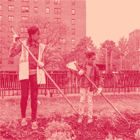
A decade after the crash of 2008, a growing movement has thrust our prolonged housing crisis to the center of the national agenda. Could this generation finally make the right to housing a reality?
Introducing the special section of our Fall issue.
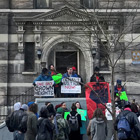
We don’t have proof that our landlords sent men disguised as ICE agents to oust previous tenants—recent immigrants—from their apartment before we moved in, but we’re pretty sure it happened. What we do know is that they cut off heat …
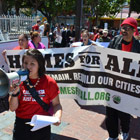
The real-estate market has long profited by segregating and exploiting low-income communities of color. Expanding its reach will not solve the housing crisis.
A response to Ben Ross.
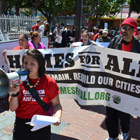
The YIMBYs pair winning political strategy with an inclusive program that will bring relief to victims of the housing crisis across the board.
A reply to Jacob Woocher and Shanti Singh.
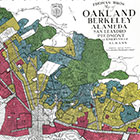
In The Color of Law, Richard Rothstein unveils how the federal government deliberately promoted housing segregation, deepening racial inequality and violating the Constitutional rights of millions of Americans.

Policy wonks left and right have sought to blame the U.S. housing crisis on local zoning regulations. But the evidence tells a different story.
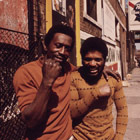
Today, the term “ghetto” comes across as at best anachronistic, at worst offensive. Does it still have any value?
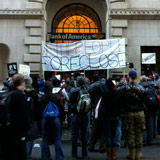
Nancy Daniel’s mortgage was repackaged and sold so many times that it was unclear who actually owned the house, until she started getting letters threatening foreclosure. Occupy Our Homes Atlanta helped her fight back.

FreshDirect’s move to an already heavily polluted neighborhood begs the question: who benefits from public land in a borough that is at once an industrial sacrifice zone and the target of aggressive gentrification?
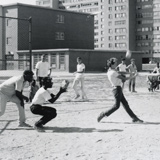
In the face of the racism and disinvestment that have hobbled U.S. public housing, the left should not retreat from the concept but reclaim it.





















